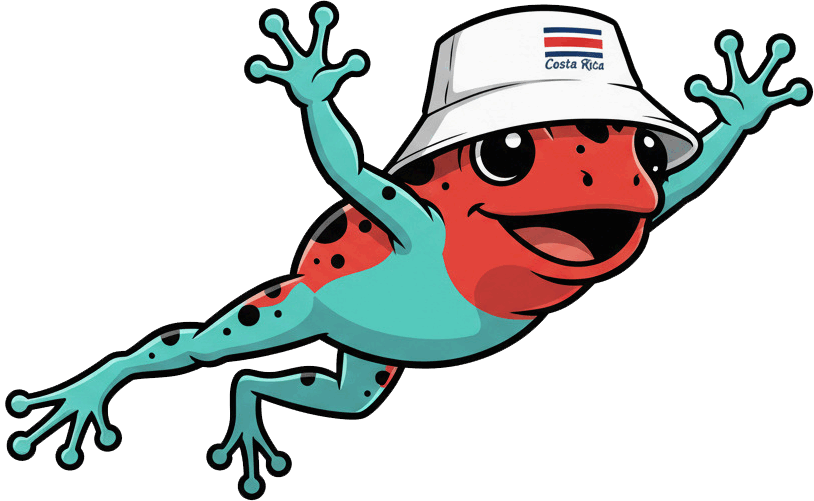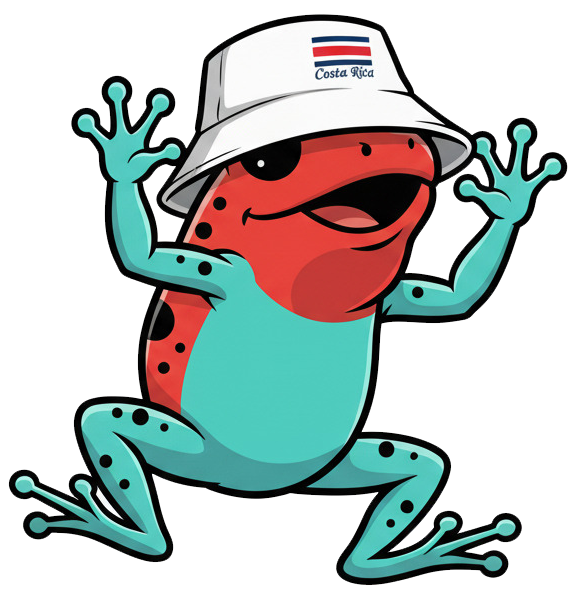Just days after reports emerged of a shark encounter near the famed Cocos Island, more details are coming to light about the incident and the individual involved. Initially reported as a Mexican tourist, the diver is actually Mauricio Hoyos, a highly respected 48-year-old marine biologist from Mexico with extensive experience in shark research and conservation.
The Incident at Roca Sucia
Hoyos was leading a scientific expedition focused on tagging sharks in the protected waters of Cocos Island National Park, a UNESCO World Heritage Site renowned for its incredible shark populations. The incident occurred last Saturday at a dive site known as Roca Sucia, approximately 30 meters (around 100 feet) below the surface. Hoyos was attempting to tag a Galapagos shark, estimated to be about four meters (13 feet) in length, when the shark unexpectedly turned and bit him on the left side of his face and scalp. The attack also resulted in injuries to his arms and, critically, damaged his air hoses, necessitating a rapid ascent.
Rescue and Medical Response
The remote location of Cocos Island, situated over 500 kilometers (approximately 310 miles) off the coast of Puntarenas, Costa Rica, presented significant challenges. Park rangers and firefighters provided immediate first aid on the island, successfully controlling the bleeding and stabilizing Hoyos. However, the journey back to the mainland was arduous, taking approximately 36 hours by boat. Hoyos eventually arrived at Hospital Clínica Bíblica in San José on Monday, roughly 42 hours after the attack took place.
Upon arrival, doctors performed surgery to address his injuries. The surgery was successful, and Hoyos is currently under observation. Reports indicate he is in stable condition and maintaining a positive attitude.
A Dedicated Shark Researcher
Hoyos’s dedication to shark conservation is well-known. He collaborates with the One Ocean Worldwide Coalition, a collective of organizations dedicated to shark conservation, including:
- Fins Attached
- For the Oceans Foundation
- Reserva Tortuga
- The Rob Stewart Sharkwater Foundation
These groups work tirelessly to monitor shark populations and advocate for their protection, particularly in critical habitats like Cocos Island. The island’s unique ecosystem supports a diverse array of marine life, including large populations of hammerhead and Galapagos sharks, making it a vital location for scientific research and conservation efforts.
Reactions and Recognition
Colleagues have expressed shock and concern over the rare incident. Alex Antoniou from Fins Attached described Hoyos as an “exceptional scientist” deeply committed to protecting sharks. Jorge Serendero from For the Oceans Foundation voiced optimism for a full recovery. It is important to note that shark attacks during research activities are uncommon, highlighting the unusual nature of this event.
Hoyos’s contributions to shark conservation have been widely recognized. He received the 2018 Researcher of the Year award from Fins Attached and the 2022 Shark Guardian award from Shark Project International. Notably, on the very day of the attack, he was honored with the prestigious Rob Stewart Ocean Conservationist of the Year award.
Ongoing Review and Safety
Costa Rican authorities are conducting a thorough review of the incident to ensure that safety protocols for future research expeditions are adequate and effective. Park officials emphasize the importance of adhering to established guidelines to minimize risks when interacting with marine wildlife. While Cocos Island is a magnet for researchers and divers alike, this incident serves as a reminder of the potential dangers, even for experienced professionals.
As Mauricio Hoyos recovers, his work underscores the critical need for continued research and conservation efforts to protect these vital apex predators. Interested in learning more about the incredible marine life of Cocos Island, and how you can support responsible ecotourism? Discover the wonders of Costa Rica’s underwater world and the ongoing efforts to protect its sharks.


